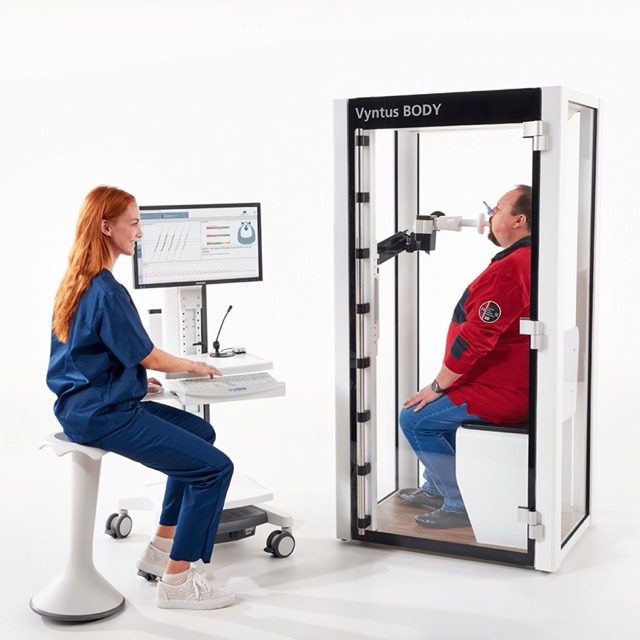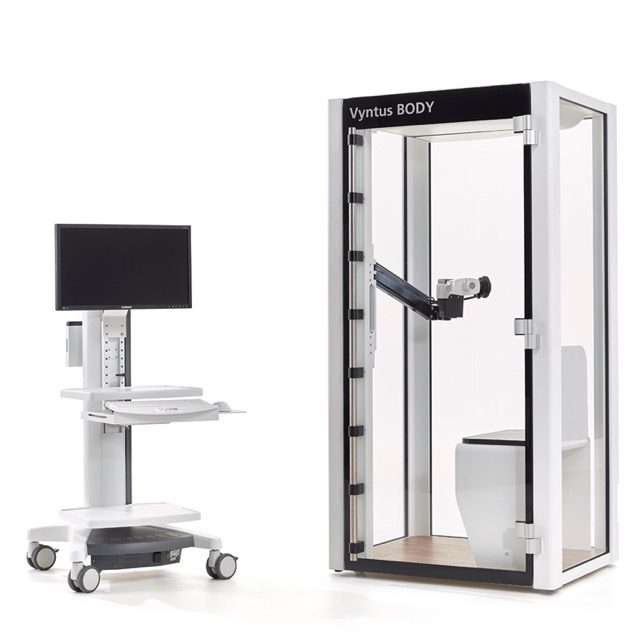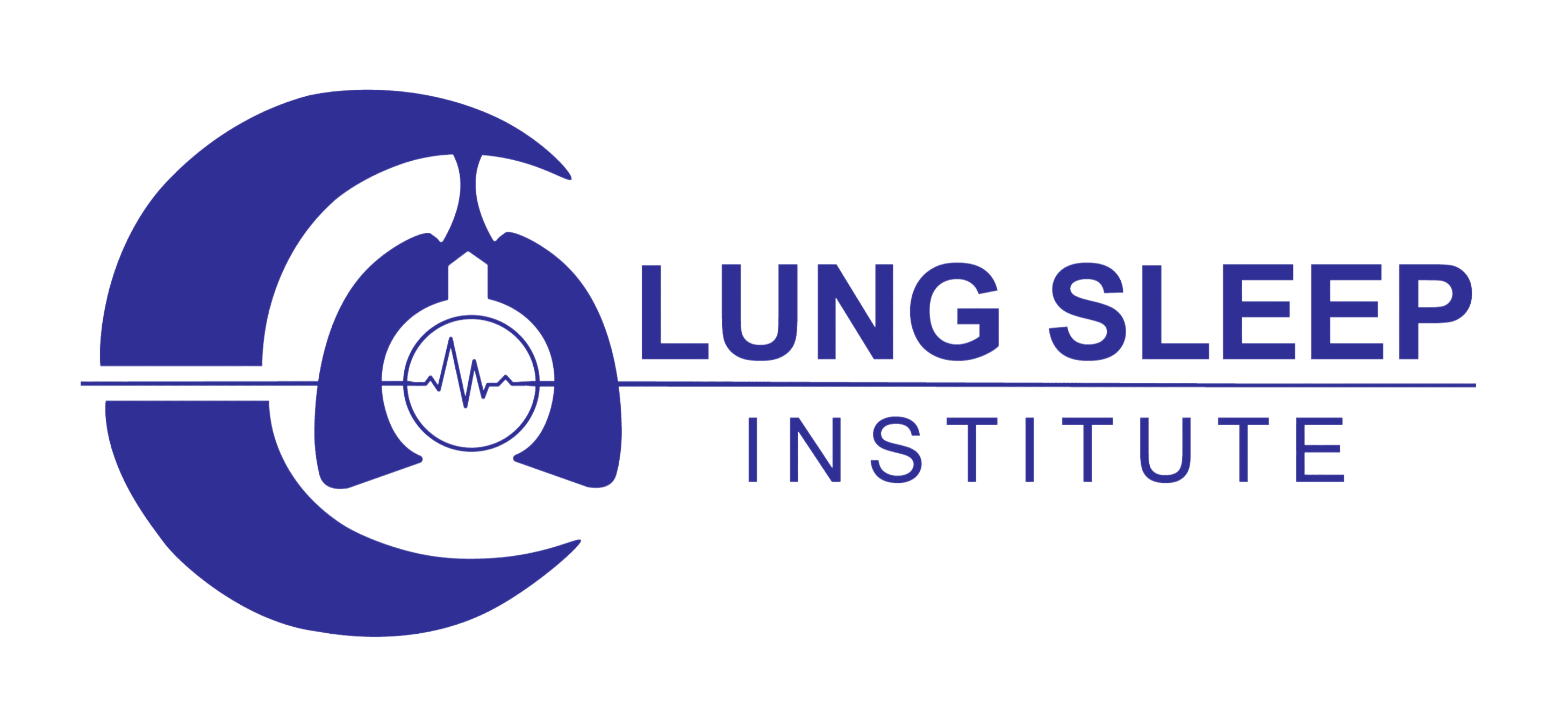PULMONARY FUNCTION TEST

Lung function tests can be used to:
- Compare your lung function with known standards showing how well your lungs should work.
- Measure the effect of chronic diseases like asthma, chronic obstructive lung disease (COPD), or cystic fibrosis on lung function.
- Identify early changes in lung function that might show a need for a change in treatment.
- Detect narrowing in the airways.
- Decide if a medicine (such as a bronchodilator) could be helpful to use.
- Show whether exposure to substances in your home or workplace may have harmed your lungs.
- Determine your ability to tolerate surgery and medical procedures.
Request a Consultation
for
Sleep Apnea | COPD | Pulmonary Function | Asthma

Conducting A Pulmonary Function Test
A lung function test is typically conducted by a pulmonologist. During most of these tests, you will use a nose clip to ensure no air escapes through your nostrils. You'll breathe through a mouthpiece linked to a device known as a spirometer. The specialist might prompt you to take deep breaths at certain times to obtain optimal data. Adhering to the expert's guidelines ensures the precision of the results.
For specific tests, you might be seated inside a transparent chamber, commonly referred to as a body box or plethysmograph. Inside, you'll perform various breathing exercises, often repeated for consistency.
Additionally, you might be given a fast-acting respiratory medication to inhale. Post-inhalation, the breathing evaluations are conducted again, allowing your physician to observe any respiratory variations post-medication.

Steps To Prepare For A PFT?
- Avoid consuming a large meal right before the test.
- Refrain from smoking at least six hours prior to the test.
- Steer clear of intense physical activity six hours leading up to the test.
- Stay away from drinks or food with caffeine on the test day.
- Opt for comfortable attire that won't hinder your respiratory movements on the day of the test.
- If you use dentures, ensure you have them in on during the examination.
What's Next?
Before your test, avoid using short-acting inhalers four hours before your test, unless needed.
If you use an inhaler, please contact your doctor, or our office, for a list of inhaled medications you may need to stop using before your test. Continue to take all other medicine as you usually do.
How long will the test take?
Pulmonary function testing usually takes about one hour to complete.
How do I get my test results?
The PFTs are interpreted by our in-house pulmonologist, who is specially trained in pulmonary (lung) diseases and conditions. The test results and interpretation are sent to you or the physician who ordered the test for you.
